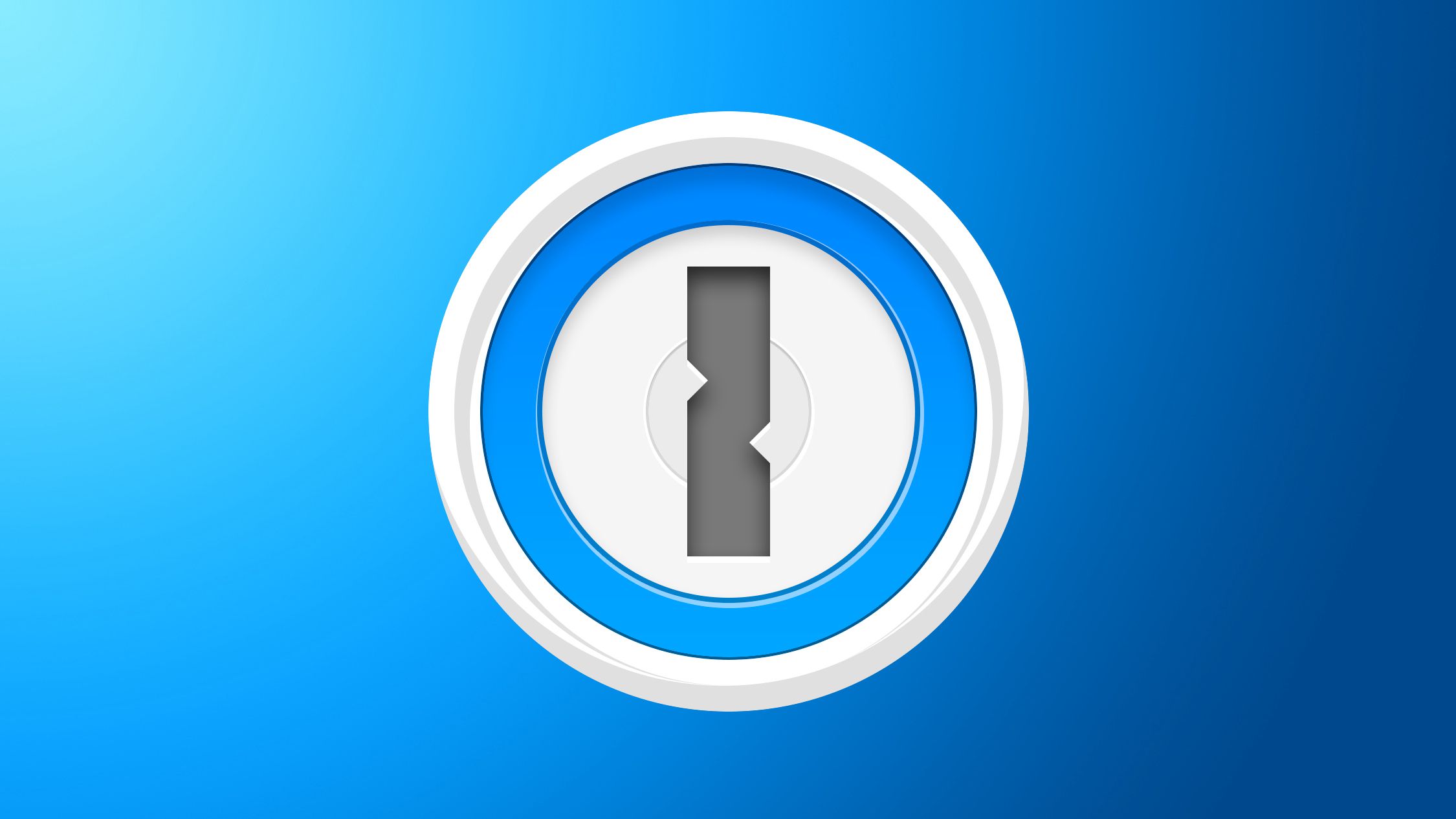With the surge of online education opportunities, students and professionals are finding themselves managing a new type of work-life balance. This entails balancing the rigors of online courses with the essential practices of self-care. Ensuring the proper equilibrium of these components is crucial for not just academic success, but also for maintaining physical and mental well-being. Understanding how to integrate self-care into one's online learning routine is the key to sustainability and success. Below, we delve into the strategies and insights required to master this balance.
Understanding the Interplay Between Self-Care and Online Learning

Engaging in online education demands both dedication and mindful self-care. The flexibility of remote learning can blur the lines between study time and personal time, making it easy to overlook self-care. Prioritizing a healthy diet, such as
diabetic friendly meals, along with regular exercise, can boost focus and energy levels, enhancing overall learning.
Balancing screen time with activities that promote mental relaxation is essential to avoid burnout. Taking breaks, engaging in hobbies, and staying social helps maintain mental well-being. Regularly adjusting self-care routines to align with academic demands can lead to better educational outcomes and a healthier lifestyle.
Creating a Balanced Routine for Improved Well-being
A structured routine is essential for balancing self-care and online learning. It should include clear study hours, regular exercise, quiet meditation, and relaxation periods. Regular physical activity improves mental clarity and productivity, while quiet moments alleviate stress.
Sleep is crucial for cognitive function and memory consolidation, so adjusting study schedules or meeting deadlines without sacrificing sleep can enhance online coursework engagement. Flexibility is also essential, as rigidity can lead to frustration if unexpected changes occur. Adapting to life's unpredictable demands can build resilience and prevent self-care from becoming a stressor.
Leveraging Online Learning Platforms for Effective Time Management
Online learning platforms are excellent for managing time effectively, especially when juggling education and self-care. With features like built-in calendars, reminders, and planning tools, these platforms help students organize their study schedules in a way that reduces stress and accommodates their self-care routines. The flexibility of asynchronous learning also allows students to engage with course materials at times that best suit their needs, whether it's after a morning workout or as a wind-down activity before bed.
For those pursuing a sports management master degree, mastering these tools is essential. The demanding nature of higher education makes it crucial to use online platforms for efficient time management, allowing students to maintain a balanced self-care routine while staying on top of their studies. Task prioritization, deadline tracking, and automated notifications ensure that more time is spent on meaningful study and self-care rather than on managing tasks.
Measuring Success and Adjusting Strategies for Self-Care and Learning Balance

Academic success is a complex process that requires a balance between physical and mental well-being. Monitoring stress levels, sleep quality, and mood is crucial for implementing a healthy self-care routine. Adjusting strategies is natural, and flexibility is key. Listening to experiences and learning from them fosters adaptability.
Setting realistic goals for both academic work and self-care is essential for success. Recognizing setbacks and celebrating small victories motivates continued effort. Maintaining dialogue with peers, mentors, or counselors can provide additional perspectives on managing this balance effectively. External feedback can identify potential changes and foster a sense of community and shared learning.
Incorporating Mindfulness and Stress Reduction Techniques
Mindfulness and stress reduction techniques can significantly improve self-care and academic performance. By incorporating practices like meditation or deep-breathing exercises into daily routines, anxiety levels can be reduced and concentration can be enhanced. These strategies are especially beneficial during exam periods or project deadlines.
Regardless of the field of study, tailoring them to personal preferences like yoga, journaling, or creative arts can foster a balanced mindset. Recognizing early signs of stress or burnout can lead to better academic performance. Regularly incorporating stress-reduction techniques into academic life ensures they become a natural part of one's life.
Overall, balancing self-care with online learning is a dynamic process that requires attention and intention. By understanding academic and personal needs, a harmonious routine can be created. Strategies like flexibility, technology use, and mindfulness can lead to a healthier, integrated approach. Commitment and self-awareness make this balanced path achievable and rewarding, making online education a rewarding experience.

















